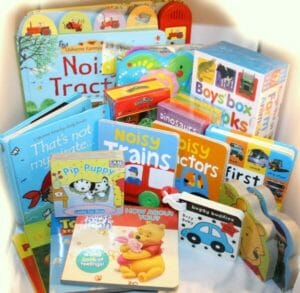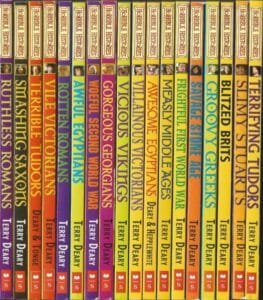Critical Thinking – The Key to a Growing Mindset

We think without ‘thinking’ all the time. Going over our day, thinking about what we have planned ahead, what we’re going to have for dinner and so on…..our thinking never ends.
Developing critical thinking and being able to use it effectively is definitely a skill. So how do we help our children develop critical thinking and why do they need to be able to think critically anyway?
If you do an internet search for critical thinking, you would be inundated with many definitions, quotes and articles. So, I will simplify it for you:
What is critical thinking?
Critical thinking is the ability to use various skills in order to form a judgement or to solve a problem. Those skills include analysing, evaluating, reflecting, problem solving and using logic. Critical thinking drives curiosity and creativity.
Why is critical thinking important?
Critical thinking is important in all walks of life, whether that be at school, at home or in the workplace. We use critical thinking without realising it sometimes.
How many times have you baked a cake and found that it just wouldn’t rise? (happens to me all the time – I put it down to the oven!) so, you alter the recipe, you make adjustments until the recipe comes out just right! That’s critical thinking!
Critical thinking enables us to think outside the box, to have empathy, to solve problems and create new ideas. All areas of life require some level of critical thinking and the better we get at it, the better we get at applying it.
How can you develop critical thinking in your child?
Now this is the key. Critical thinking can be developed in all areas – doesn’t matter whether you are preparing dinner, doing the laundry or working through maths problems with your child. There is always an opportunity to develop critical thinking.
We as parents, have to remember to keeps our children’s minds thinking. Ask them the questions that will make them think. I know I have been guilty of not practising what I preach so; it is just as much as a reminder for me.
Think about the ‘what if…’ questions and the ‘how’ questions… don’t be afraid to push and challenge. I asked my daughter, ‘What if you changed the chocolate chips in that recipe to something else?’ and the response I got was, ‘Cookies aren’t cookies without chocolate chips, you can’t put raisins in them!’
She had worked out what other ingredient could have been used but also told me her reason as why she didn’t want raisin. I don’t blame her; I don’t like raisins in my cookies either! It’s a simple example but it made her think.
Other than everyday questioning, there is this wonderful downloadable book I want to introduce to you that I can’t wait to start using as a family. It’s called ‘Talk It Up’. This book is divided into four sections –scenarios, discussions, debates and role plays.
These activities are a springboard for the achievement of a wide range of outcomes within the classroom. Your children will be satisfying the speaking and listening components of the English curriculum as well as covering important concepts within the PSHE curricula.

Although this book has been written to be used in the classroom, it can easily be adapted to use at home as a family. There are 12 different scenarios where you must decide what should be the outcome and argue your decision.
These scenarios really get you to question your moral standing and empathy towards the characters. The discussions are as equally interesting. My daughter would love the first one which asks, what freedoms should someone have at her age?
This one will be interesting! It also covers topics such as prejudice and opinions. There are a total of 12 different discussions listed in this book, so plenty to get your teeth into!!
There are also 6 debating topics which include school uniform, zoos and testing on animals. These topics are great especially if your child is able to prepare by doing some research and gathering fact- based information to support their arguments.
The last section is role plays, there are 6 in total. Although written for the classroom, these role plays can easily be done at home with your family.
What I really love about this book is, not only does it give you and your family an opportunity to get together and actually spend some time without tablets, phones and TVs, it is really fun and engaging and allows time to discuss topics that really push your children’s level of critical thinking.
[irp posts=”7534″ name=”Teaching our Children to Think”]We hope that in time our children will be able to discuss, argue and make judgements about real- life events, whether that is something they have seen in the news, in the classroom or at home.
We will be making use of this book at home and will make sure we update you on how we get on. If you give it a go too or can share some words of advice, please do comment below.
I shall leave you with this quote which is still as true today as it was so many years ago, “It is the mark of an educated mind to be able to entertain a thought without accepting it.” – Aristotle
Join our mailing list
Sign up to our Emailing List & Get the Latest Information and Offers on Resources
Thank you for joining !
Something went wrong.




